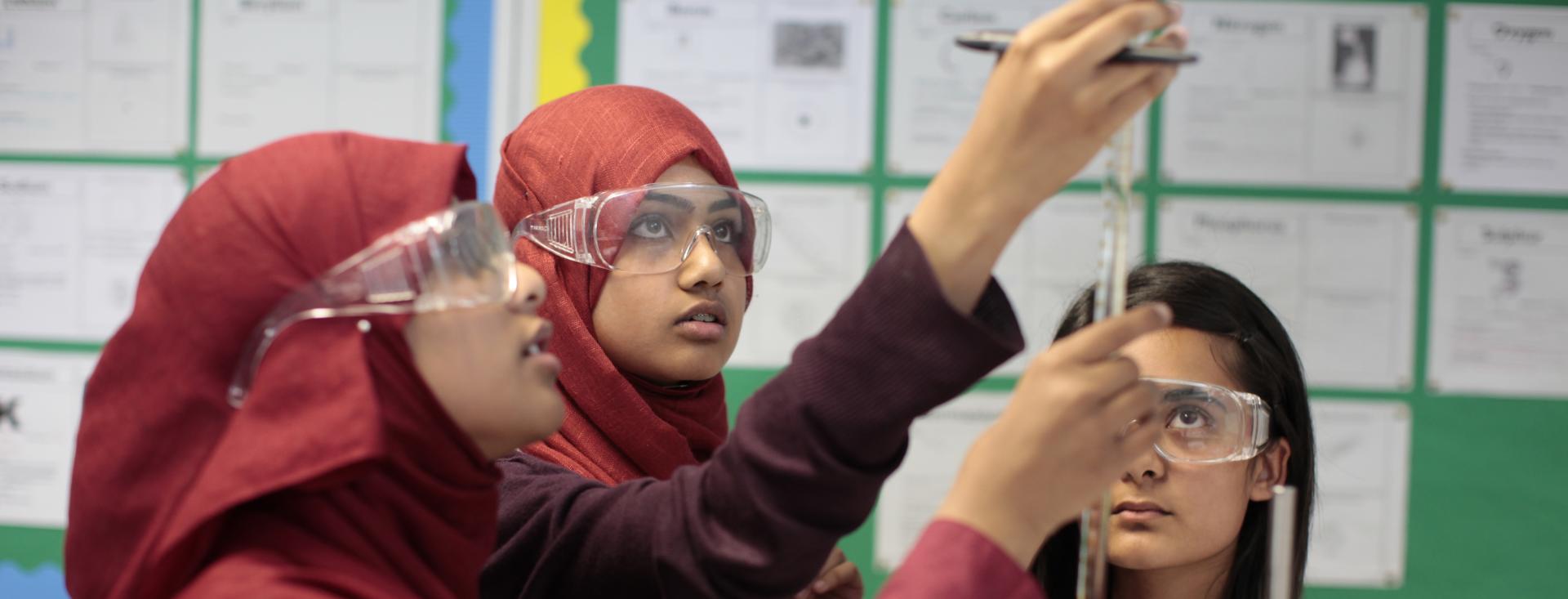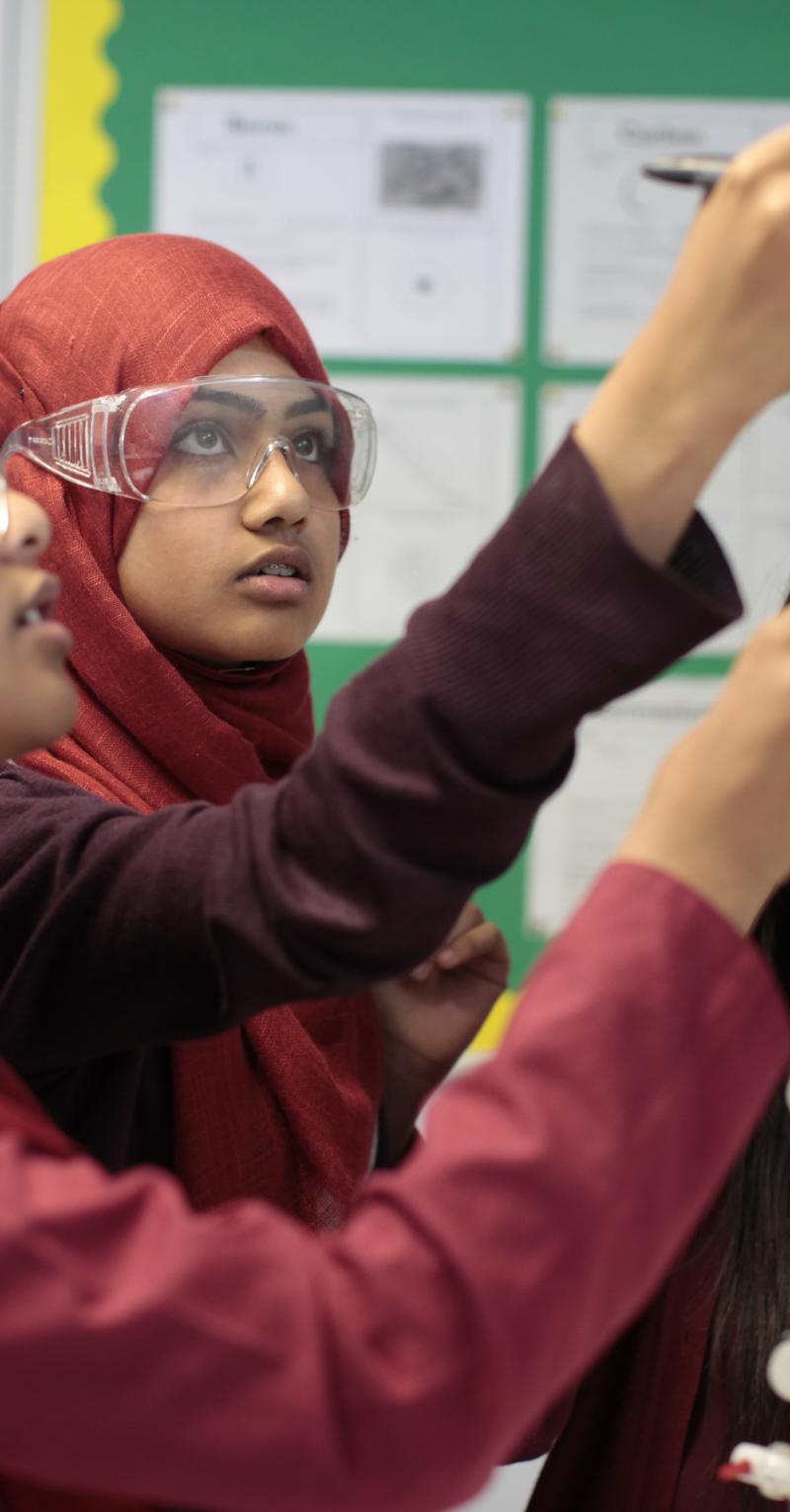Resources
Everyone has a role to play in supporting girls to become empowered, access education for better life outcomes, and thrive. Teach For All is committed to supporting the global network to identify and address the barriers that keep girls from learning and fulfilling their potential through our Girls’ Education initiative. Learn more about gender equity, the issues facing girls around the world, and more in this curated library of resources:
Girls' Education
We Can’t Measure Women’s Empowerment the Same Way Everywhere—But Should We Try?
An article describing the challenges of measuring the empowerment of women to evaluate the impact of programs, such as the limitations of standardized questions, and recommended solutions.
Girls' Education
What Works for Teachers to Empower Girls: Findings from a Qualitative Research in India
A study of three residential and non-residential approaches to supporting girls from disadvantaged communities in three different geographies in India. It highlights the need to strengthen teacher empowerment as a prerequisite to girls' empowerment.
Girls' Education
"Supporting Girls to Lead" with Arman Rahmatullah and Sunita Waiba at the 2019 Teach For All Global Conference
This recording is from the 2019 Teach For All Global Conference in Yerevan, Armenia. It features Arman Rahmatullah, CEO of Teach For Afghanistan, and Sunita Waiba, a Teach For Nepal student, speaking on the empowerment of girls through education.
Girls' Education
Global Education Monitoring Report 2019: Migration, Displacement and Education - Building Bridges, Not Walls
This report reviews global evidence on migration, displacement, and education. It studies the effect of population movements on the access to and quality of education, the implications for migrants and refugees, and the difference education can make.
Girls' Education
Mind the Gap: 5 Facts About the Gender Gap in Education
A deep dive into the Barro-Lee Educational Attainment Data to examine gender gaps in education and determine where more focus should be given in research, policy, and programmatic efforts to address gender inequality.

